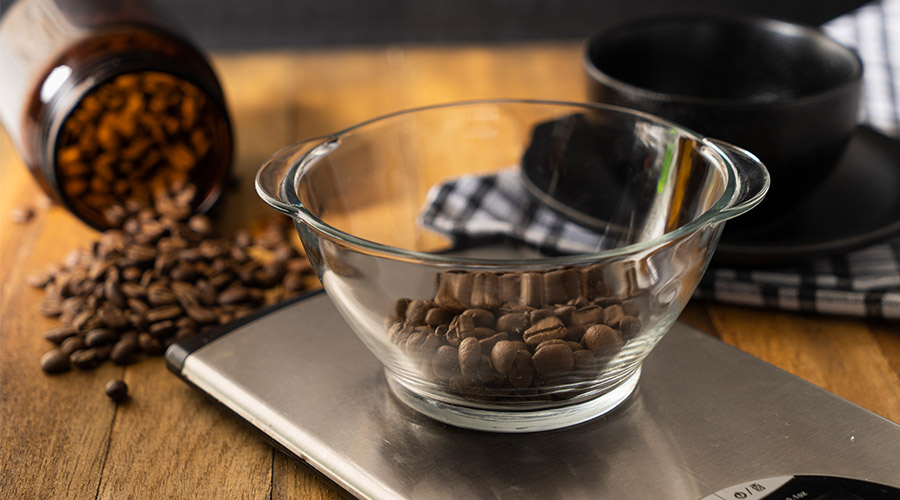
A tasty piece of cake, a funny movie, or a cute kitten all sound enjoyable. But what about consuming seven pieces of cake at once, twenty kittens in a freshly painted living room, and seventeen comedies back-to-back? Any activity might appear enjoyable at first, but as the workload grows, it will create a lot of chaos.
A morning cup of joy is enjoyed by many coffee drinkers, but few also enjoy a mid-morning brew or perhaps an espresso in the afternoon. Coffee for many can help to kick start their day and stay active at work.
Caffeine is safe in moderation and has a few health advantages, but too much of it can have negative effects.
Keep reading this article to find out How much caffeine is good for you? and the side effects of taking too much caffeine.
How Much Caffeine is too much?
Researchers found that participants in a study who consumed 400 milligrams or more of caffeine per day were significantly twice as likely to experience various symptoms, including:
- Headaches
- Over worrying
- Panic or terror spelled
- Depressed.
So how much caffeine is healthy? According to the Food and Drug Administration, adults in good health should take 400 milligrams of caffeine daily without experiencing any adverse side effects. 400 grams is equivalent to four cups of coffee.
Moderate coffee and tea consumption have many health advantages, including preventing chronic diseases like cancer, diabetes, liver disease, and cardiovascular disease.
In addition, caffeine boosts energy levels, athletic prowess, and cognitive abilities. Additionally, caffeine can enhance exercise performance and reaction time. Caffeine can facilitate both physical and mental tasks because it is known to increase focus and accuracy. Research shows that caffeine intake is potentially related to weight loss too.
Side Effects of having too much Coffee
1. Increased Heart rate
You are more prone to experiencing heart palpitations when you consume too much caffeine, and this is especially true if you already have any underlying medical conditions. Because caffeine is known to be stimulating, it may cause an increase in heart rate.
2. Increase Blood pressure
Caffeine is known to be stimulating and can cause a rise in blood pressure in most people.
Because having high blood pressure can result in blood vessel damage over time, which can restrict blood flow to your heart and brain over time, high blood pressure is a risk factor for heart attacks and strokes.
3. Frequent Urination
Because caffeine has stimulatory effects on the bladder, high caffeine intake can result in more frequent urination.
4. Caffeine Can cause Fatigue
Caffeine is known to boost your energy levels. It can, however, also have the opposite results. This is brought on by rebound fatigue, and once caffeine has left your system, it can actually make you feel worse.
Despite the fact that caffeinated energy drinks boost alertness for several hours, one study found that participants were more tired the next day.
So how do you avoid this and make sure How much caffeine is safe ? Coffee can be consumed throughout the day, but the effects it has on your body can make it difficult to fall asleep.
5. Coffee can cause addiction
Caffeine can become habit-forming. One research review said that even though caffeine may trigger brain chemicals in a similar way to cocaine or amphetamines, it does not cause addiction in the same way.
High doses of caffeine can cause physical or mental dependence. Despite the fact that it might not, caffeine consumption has the potential to cause dependency.
Tips for Reducing Caffeine Intake
Caffeine withdrawal symptoms can develop if you suddenly stop drinking it, so blending caffeinated and decaf beverages is a good way to ease into quitting.
Instead of coffee, why don’t you try switching to tea? Or switch from caffeinated coffee to decaffeinated coffee. If that seems too challenging, to begin with, try switching between regular and decaf coffee every other day.
Instead of choosing coffee, consider switching to herbal teas. Caffeine consumption is not always bad; in fact, it can be good for your health. It is all about knowing what your body can handle and keeping your coffee intake moderate.
